Description
These resources are designed for your students to learn about Hinduism, Sikhism, Confucianism, and Buddhism. These resources include readings and Doodle Notes on the 4 main religions of South and South East Asia. When you are done, have your students play a game on Boom Learning™. All of the resources are also available on Google Slides™!
With this resource, you will receive:
–7 pages of content readings on Hinduism, Sikhism, Confucianism, and Buddhism with Stop and Discuss questions,
–Doodle Notes for Hinduism, Sikhism, Confucianism, and Buddhism,
–Boom Cards digital game,
-an answer key.
⭐Please click on each resource to view the preview.
⭐A separate subscription is required for Boom Learning to access data from the games, but you can allow your students to play for free with Fast Play.
6th Grade Social Studies TEKS
(2) History. The student understands the influences of individuals and groups from various cultures on various historical and contemporary societies. The student is expected to:
(A) identify and describe the historical influence of individuals or groups on various contemporary societies; and
(B) describe the social, political, economic, and cultural contributions of individuals and groups from various societies, past and present.
(14) Culture. The student understands that all societies have basic institutions in common even though the characteristics of these institutions may differ. The student is expected to:
(A) identify institutions basic to all societies, including government, economic, educational, and religious institutions;
(16) Culture. The student understands the relationship that exists between the arts and the societies in which they are produced. The student is expected to:
(A) explain the relationships that exist between societies and their architecture, art, music, and literature;
(C) identify examples of art, music, and literature that convey universal themes such as religion, justice, and the passage of time.
(17) Culture. The student understands the relationships among religion, philosophy, and culture. The student is expected to:
(A) explain the relationship among religious ideas, philosophical ideas, and cultures; and
(B) explain the significance of religious holidays and observances such as Christmas, Easter, Ramadan, the annual hajj, Yom Kippur, Rosh Hashanah, Diwali, and Vaisakhi in various contemporary societies.
(21) Social studies skills. The student applies critical-thinking skills to organize and use information acquired through established research methodologies from a variety of valid sources, including electronic technology. The student is expected to:
(A) differentiate between, locate, and use valid primary and secondary sources such as computer software; interviews; biographies; oral, print, and visual material; and artifacts to acquire information about various world cultures;
(B) analyze information by sequencing, categorizing, identifying cause-and-effect relationships, comparing, contrasting, finding the main idea, summarizing, making generalizations and predictions, and drawing inferences and conclusions;
Doodle notes is a trademarked term used with permission. Please visit doodlenotes.org for more information.

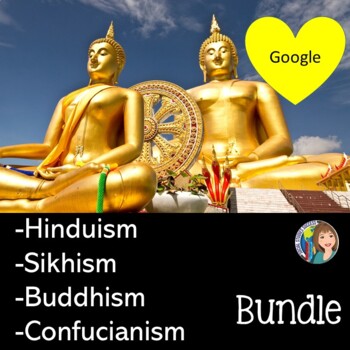
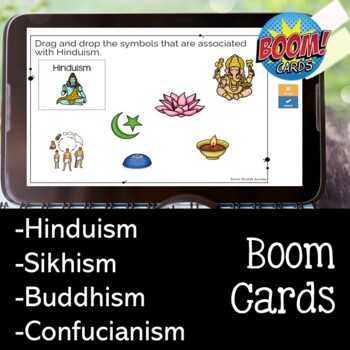
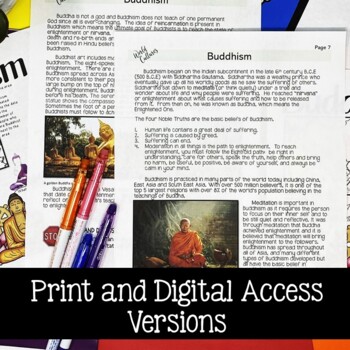

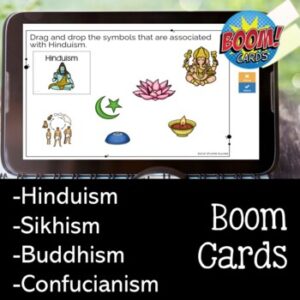

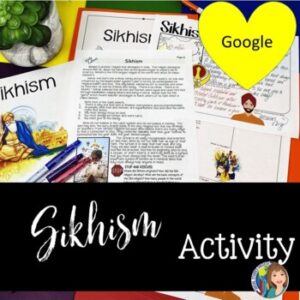


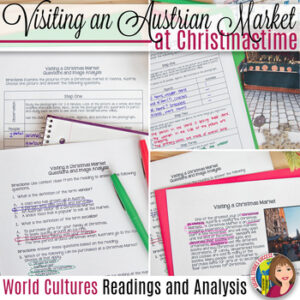
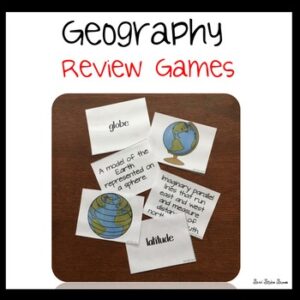
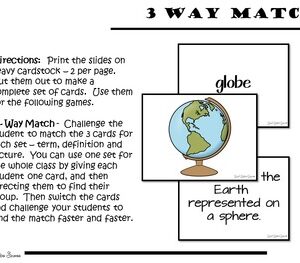


Reviews
There are no reviews yet.